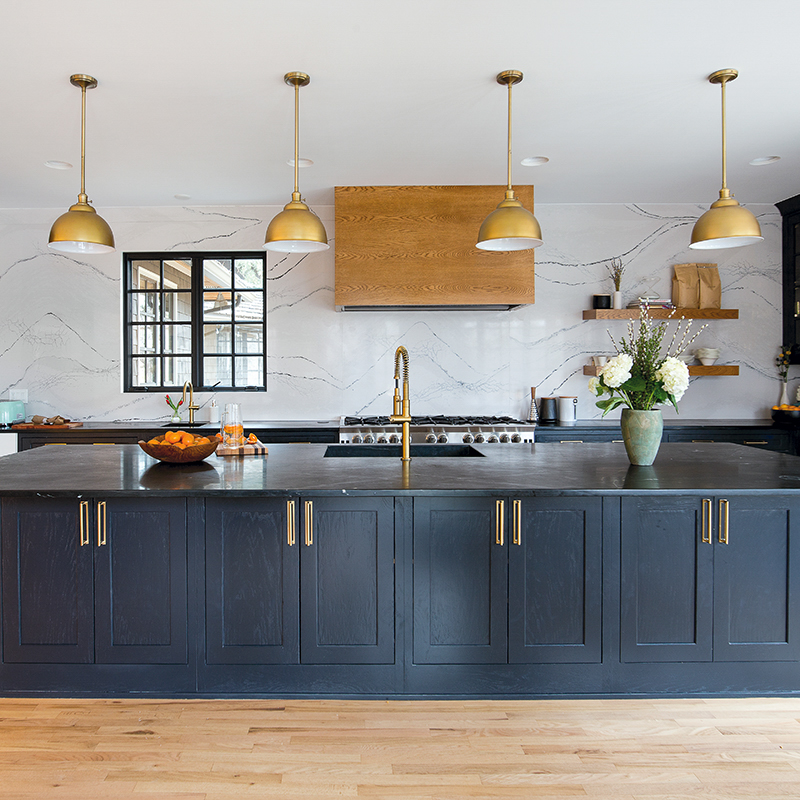The Importance of Lighting in Hallways
Lighting is an essential aspect of any home or building. Adequate lighting can make a space appear larger, improve visual clarity, and promote safety. These benefits are particularly important in hallways, which are often narrow and poorly lit.
Poor lighting in hallways can lead to accidents, such as slips, trips, and falls. In older buildings, the lack of natural light can contribute to a darker and gloomier atmosphere. With the introduction of LED lighting, homeowners and architects can transform hallways into brighter and more inviting spaces.
The Advantages of LED Lighting
LED lighting is a modern and energy-efficient solution for hallway lighting. Unlike traditional incandescent bulbs, LED lights use less electricity and have a longer lifespan. They are also versatile and can be installed in a variety of settings, such as recessed lighting, wall-mounted fixtures, and pendant lamps.
In addition, LED lighting produces less heat and emits less harmful UV radiation, making them a safer option for hallway lighting. They are also available in a range of color temperatures, from warm white to cool white, allowing homeowners to customize their lighting according to their preferences.
Design Trends in Hallway Lighting
In recent years, LED lighting has become an increasingly popular choice for hallway lighting. Designers and architects have experimented with different lighting techniques to create unique and stylish effects.
One popular trend is the use of recessed lighting to create a sleek and streamlined look. Recessed lights can be installed in symmetrical or asymmetrical patterns, creating interesting visual effects. Another trend is the use of pendant lamps, which can be suspended from the ceiling to create a dramatic focal point.
Installation and Maintenance
LED lighting for hallways is relatively easy to install, particularly for those with some electrical experience. Homeowners can choose to install the lights themselves or hire an electrician to do the job. When choosing LED lights, it is important to ensure they are compatible with the existing electrical system of the home or building.
Once installed, LED lights require little maintenance. They do not need to be replaced as frequently as traditional bulbs and do not emit harmful substances like mercury. In addition, LED lights are resistant to shock and vibration, making them a durable option for high-traffic areas like hallways.
LED lighting is an excellent option for hallway lighting. It is energy-efficient, versatile, and produces less heat and UV radiation than traditional bulbs. With its many design options and easy installation, LED lighting can transform any hallway into a stylish and safe space. Homeowners and architects should consider LED lighting for their hallway lighting needs, providing safety and style for all who use the space.




